by Dr. Josh Axe, Wellness Physician
Introduction
What bodily villain are you battling? Weight gain, lack of energy, digestive problems? No matter the issue, superfoods can help you win.
Superfoods are natural, nutrient-dense compounds that contain high concentrations of essential nutrients with proven health benefits.
Isn’t it frightening to learn a loved one has a serious health problem like cancer, heart disease or diabetes? Five of six Americans die of heart disease or cancer, diabetes has tripled in the past ten years and by 2025 it’s estimated that 50% of all Americans will be obese!
People are in great danger today and desperately need a hero…That hero is Superfood.
What bodily Villain are you battling? Weight Gain? Lack of Energy? Digestive Problems? No matter the issue, Superfoods can help you win! In this eBook you’ll learn exactly which Superfoods can help you conquer and achieve your health goals. Maybe you’ve tried every weight loss program, product, and pill on the planet, but the weight won’t come off or it just keeps coming back.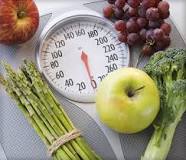
I have some great news for you! I’m Dr. Josh Axe, and I’m here to help you become a super-you! I’ve seen thousands of people achieve their health goals through my radio show, books, and seminars. Everyone from stay-at-home mom’s to Olympic level athletes. I’m also a wellness physician and triathlete, but mostly I’m passionate about helping people transform their health and lives. Are you ready to become a super-you?
Mom’s Victory with Superfoods
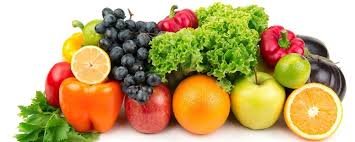 Seventeen years ago my mom was diagnosed with breast cancer. That was a crazy reality for my family at the time because she was a gym teacher, swim instructor and an active mom who looked healthy. How could someone so active end up with cancer at 40? I was thirteen years old and remember asking myself this question, but having no answer.
Seventeen years ago my mom was diagnosed with breast cancer. That was a crazy reality for my family at the time because she was a gym teacher, swim instructor and an active mom who looked healthy. How could someone so active end up with cancer at 40? I was thirteen years old and remember asking myself this question, but having no answer.
My mom made a trip to the doctor where they recommended surgery and Chemotherapy. Taking their advice, she went through all the traditional medical treatments. I still remember watching her hair fall out and thinking she had aged 20 years in two weeks after going through her chemo treatments. She pressed on through her treatments, like so many do today, and after battling for months she was diagnosed as cancer free and healthy.
Sadly, even though she was diagnosed as being healthy after her treatments, she was sicker than ever. My mom struggled with chronic fatigue, depression, constipation and was sick all the time. She continued to have these problems for another ten years until one day I received a call from her. She’d just been told by her doctor that they found a 2.5 cm mass on her lungs, and from the scan, they believed it was cancer. They were recommending surgery and radiation, but this time she wanted to do something more natural.
Rather than going the traditional medical route, she decided to follow my advice and take a natural approach. The biggest thing my mom changed was her diet. Previously, she thought the three main food groups were fast, frozen and instant. We changed that to Kefr, Kale and Blueberries!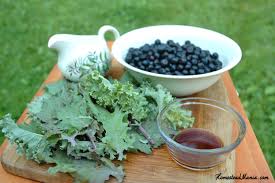
She went back for a checkup four months later, and to the doctor’s amazement, the tumors had shrunk in half. One year later the tumors were completely gone! She needed a Superhero and we give all the glory to God for healing her, but we know that God created Superfoods to give her health back. Today she’s in the best shape of her life.
She actually just raced her first 5K last year and finished second in her age group at 58 years old! She went from Supersick to Superstar, by eating Superfoods. Can you see where superfoods could possibly help a loved one you know? Wouldn’t it be of great value to them for you to share this information? Once you read this eBook, you can share these teachings and be a hero to someone else!
What are Superfoods?
Superfoods are natural, nutrient-dense compounds that contain high concentrations of essential nutrients with proven health benefits. They’re high in vitamins, minerals, omega-3 fatty acids, probiotics, or antioxidants… just to name a few!
Over the past several years I’ve worked with a range of Olympic level athletes, and they all have the same thing in common…they’re simply the best at what they do! I like to think of SuperFoods like Olympic competitors. If you’re picking someone to be on your relay for swimming, do you want Joe Schmoe, who’s never swam a day in his life, or Michael Phelps? It’s obvious, Michael Phelps is a superior athlete and if you want to win, you want him on your team. It’s the same with food.
If you want to age slower and live longer, you can pick donuts or blueberries to be on your team. If you want to win, go with blueberries because they have super antioxidants for anti-aging. I’m not saying you can eat a specific superberry once a day, followed by a double bacon cheeseburger and still expect peak results. SuperFoods work better as a team. Like the Avengers, X-Men, or Power-Rangers by their powers combined. You can achieve super health results by combining certain SuperFoods together.
African Mango + Amasai + Chia = Super Weight Loss
What’s your biggest health goal? Is it to lose weight, detox, age slower, build muscle, or increase athletic performance? Depending on what type of super results you want to see you’re going to need a super plan. I know everyone has different health goals so I created 4 tracks for you to follow.
4 PLANS FOR FAST RESULTS
I divided the superfoods into four sections, but all these superfoods can help you in all areas. For instance, the superfood Amasai helps you lose body fat, build muscle, age slower, AND detox! I personally consume all the superfoods, so read through each section, then pick your plan at the end. Ready? Up, up, and away!
1. Weight Loss 2. Detox 3. Anti-Aging 4. Muscle Building
THE SUPERFOOD LIST: Get a FREE Copy. Go to: https://draxe.com/thank-you-free-gifts/
The statistics are stunning! 34% of Americans are obese and 32% are overweight.
That means exactly 2/3 of Americans need to lose weight. Obesity has doubled since 1980 (National Center for Health Statistics).
32% of kids are overweight and 16% of American children are already obese! (Center for Disease Control 2009)
We don’t just need to lose weight to look good in a swimsuit, we need to lose weight to live and fulfill our Godgiven missions.
Research shows that obesity doubles your risk of heart failure and trip
les the risk of breast cancer in women! The average middle age weight gain of 22 lbs increases your risk of a heart attack by 75%.
But think about the flip side, If you lose 22 lbs, you decrease your risk of heart attack by 75% and risk of cancer by 50%!
Get a FREE copy of the eBook containing all 4 Plans and The Superfood List. Go to: https://draxe.com/thank-you-free-gifts/

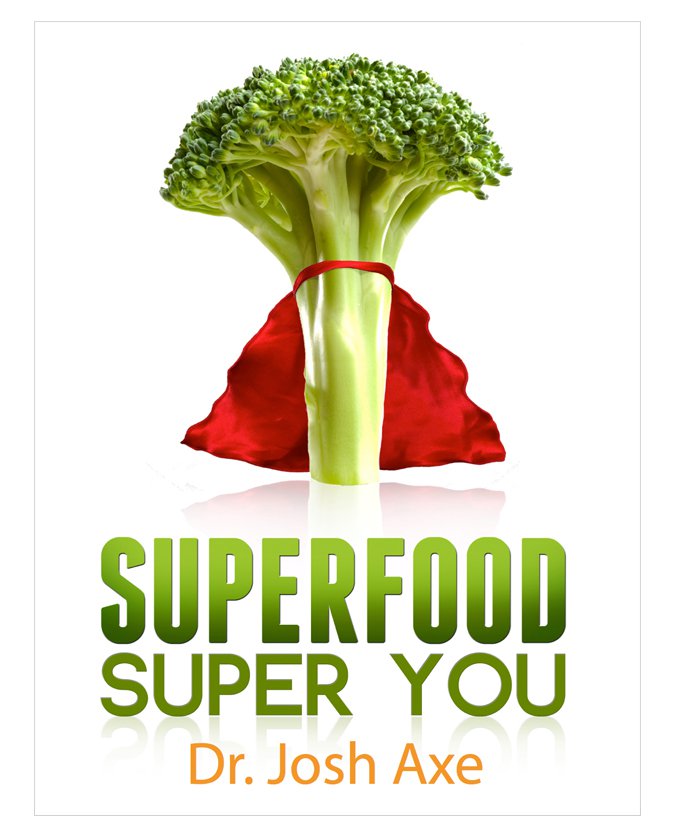
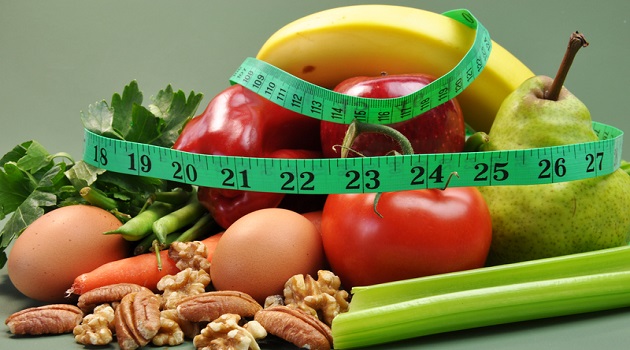
 things don’t go as planned. When weight-loss becomes an obsession, it can lead to heightened cravings, or even a defeatist mentality if things get too tough. That’s when it’s a signal that you may need to slow things down a bit. The trick to get dieting to be more effective is to have it as a normal part of your everyday life. Implementing the right food decisions to be part of your overall lifestyle instead of a temporary period can keep away those hidden calories from adding up to your weight (Zelman 2008).
things don’t go as planned. When weight-loss becomes an obsession, it can lead to heightened cravings, or even a defeatist mentality if things get too tough. That’s when it’s a signal that you may need to slow things down a bit. The trick to get dieting to be more effective is to have it as a normal part of your everyday life. Implementing the right food decisions to be part of your overall lifestyle instead of a temporary period can keep away those hidden calories from adding up to your weight (Zelman 2008).  Speaking of eating less, one common belief is that the less food we eat, the less weight we would gain. However, it’s not always that simple. Research on those who skip breakfast showed they weighed more than those who eat said breakfast. That’s because those who eat less than three meals a day wind up consuming even more calories when they do eat. Be sure to have a breakfast that has protein and fiber (an egg, whole wheat toast, etc.) which will help keep you full until lunch (Zelman 2008).
Speaking of eating less, one common belief is that the less food we eat, the less weight we would gain. However, it’s not always that simple. Research on those who skip breakfast showed they weighed more than those who eat said breakfast. That’s because those who eat less than three meals a day wind up consuming even more calories when they do eat. Be sure to have a breakfast that has protein and fiber (an egg, whole wheat toast, etc.) which will help keep you full until lunch (Zelman 2008).  verages consists of alcohol, smoothies, or sodas, you can be unwittingly gaining more weight. A study on Americans detailed how most citizens can consume around 21% of their calorie intake through beverages alone. The issue here is that while beverages can satiate thirst, they don’t always affect hunger. Thus, you could be getting more than you bargained for. Exchange the latte for a cool glass of water instead, the coffee with cream for some skim milk, or the smoothie for 100% fruit juice. When it comes to alcohol, be sure to drink in moderation, or cut it out of your diet altogether (Zelman 2008).
verages consists of alcohol, smoothies, or sodas, you can be unwittingly gaining more weight. A study on Americans detailed how most citizens can consume around 21% of their calorie intake through beverages alone. The issue here is that while beverages can satiate thirst, they don’t always affect hunger. Thus, you could be getting more than you bargained for. Exchange the latte for a cool glass of water instead, the coffee with cream for some skim milk, or the smoothie for 100% fruit juice. When it comes to alcohol, be sure to drink in moderation, or cut it out of your diet altogether (Zelman 2008). 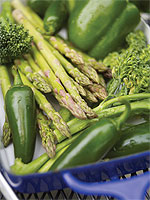 may sometimes be forcing yourself to eat every last bite. This here is another way that calories can slip through. Try to leave some of the big portions behind on that plate, and save it for another day. Or, if you can’t stand not having a clean plate, use smaller plates and bowls for your meals. You’ll consume less calories, but you won’t go hungry afterwards, and you won’t test the limits of your fullness either (Zelman 2008).
may sometimes be forcing yourself to eat every last bite. This here is another way that calories can slip through. Try to leave some of the big portions behind on that plate, and save it for another day. Or, if you can’t stand not having a clean plate, use smaller plates and bowls for your meals. You’ll consume less calories, but you won’t go hungry afterwards, and you won’t test the limits of your fullness either (Zelman 2008). 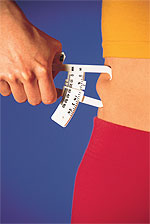 Most of all, it’s important to have moderation in your meals. While something you eat may not pack on the gut, it might not help you lose it either. That’s why it’s vital to practice appropriate eating habits to keep your figure. Fruits, while containing fiber, also has high fructose sugar, and should be eaten in conjunction with vegetables. (Rousell). The same could be said for most of the food groups. From protein, to salt, to carbohydrates—your diet needs to be made up of variety. Together with both daily exercising and a good night’s sleep, you can keep your diet on track and make it an intrinsic part of your life.
Most of all, it’s important to have moderation in your meals. While something you eat may not pack on the gut, it might not help you lose it either. That’s why it’s vital to practice appropriate eating habits to keep your figure. Fruits, while containing fiber, also has high fructose sugar, and should be eaten in conjunction with vegetables. (Rousell). The same could be said for most of the food groups. From protein, to salt, to carbohydrates—your diet needs to be made up of variety. Together with both daily exercising and a good night’s sleep, you can keep your diet on track and make it an intrinsic part of your life.